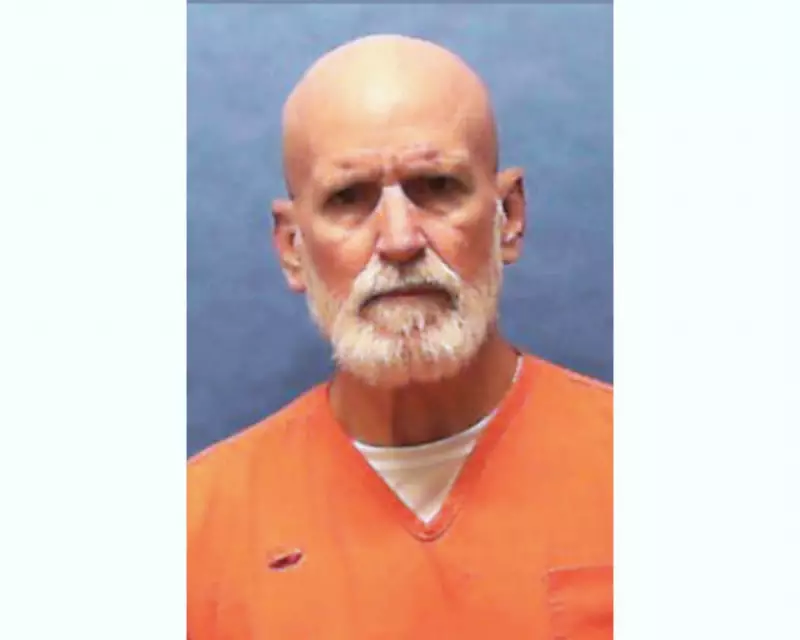
The state of Florida has executed Bryan Frederick Jennings for the 1999 murder of James 'J.D.' Day, carrying out the death sentence after more than two decades of legal battles and appeals.
The Crime and Conviction
Bryan Frederick Jennings, now 62, was put to death by lethal injection at Florida State Prison on Wednesday evening. The execution marks the culmination of a case that began over twenty-five years ago when Jennings brutally attacked and killed 37-year-old James Day.
The murder occurred in October 1999 when Jennings broke into Day's home in Hillsborough County. During the violent encounter, Jennings stabbed Day multiple times and struck him repeatedly with a hammer. Prosecutors described the attack as particularly vicious, with evidence showing Day suffered defensive wounds indicating he had tried to fight off his assailant.
Jennings was convicted of first-degree murder in 2001 and sentenced to death. The Florida Supreme Court had previously described the murder as "especially heinous, atrocious, or cruel" - a legal finding that often supports capital punishment sentences.
Final Hours and Appeals
In the days leading up to the execution, Jennings's legal team mounted several last-minute appeals seeking to halt the proceedings. They argued that new evidence and changing standards regarding intellectual disability should spare their client's life.
Jennings spent his final hours meeting with spiritual advisors and family members. The execution proceeded as scheduled at 6:00 PM local time on Wednesday, November 12, 2025. Prison officials confirmed Jennings was pronounced dead at 6:17 PM following the administration of lethal injection.
Florida Governor Ron DeSantis had signed Jennings's death warrant in October, setting the stage for the state's first execution in several months. The governor's office released a statement following the execution, emphasising that justice had been served for the victim and his family.
Broader Context and Reactions
This execution comes amid ongoing debates about capital punishment in the United States. Florida remains one of the most active death penalty states, though executions have become less frequent in recent years due to legal challenges and difficulties obtaining lethal injection drugs.
Victim advocacy groups have expressed support for the execution, stating that it brings closure to James Day's family after more than two decades. Meanwhile, anti-death penalty organisations have condemned the proceeding, arguing that the justice system should focus on rehabilitation rather than retribution.
The case attracted international attention, with human rights organisations criticising the United States for continuing to use capital punishment when most Western nations have abolished it. Despite these criticisms, Florida authorities maintained that the execution was carried out in accordance with state law and constitutional requirements.
James Day's family released a statement through victim advocates, expressing relief that the long legal process had finally concluded. They remembered Day as a beloved family member whose life was tragically cut short by a violent crime.





